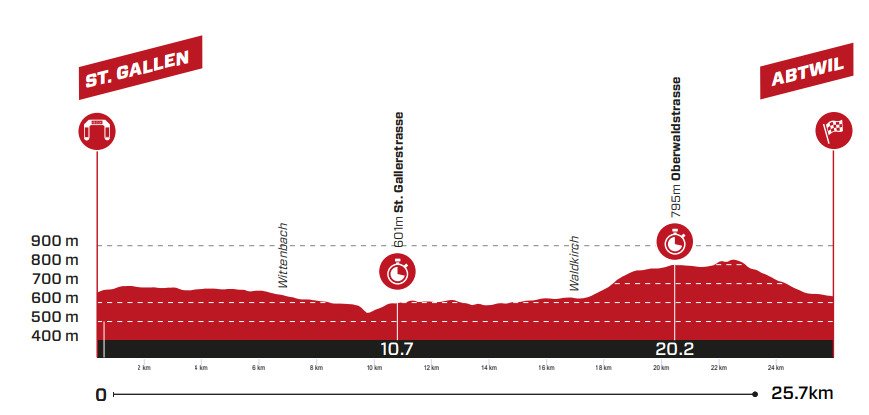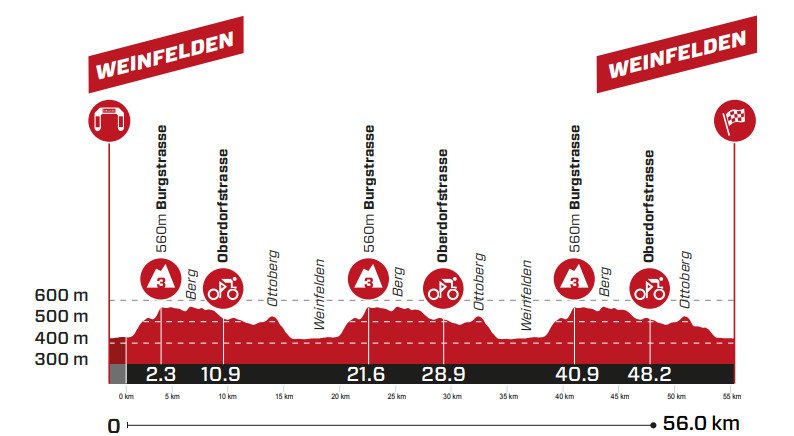After the cancellation of the Women’s Tour for 2023, it has been a little under a month since the last WorldTour race for the women’s peloton. Many riders have been making the most of this gap in the calendar to head to altitude and prepare for big goals ahead, notably the Tour de France Femmes. Before we head to France in July, though, the women’s edition of the Tour de Suisse is a key warm-up race which will give us an indicator of which riders are ready to fight for yellow in a month’s time. Taking place from June 17 to 20, defending champion Lucinda Brand is back to try and win again in 2023, but she’ll have an extremely strong SD Worx team to try and beat.
Whether the Tour de Suisse can really give an indication of who will be contesting victories in the high mountains of the Tour de France Femmes is yet to be determined – the route of the Tour de Suisse is flatter and less challenging, only including two road stages with the opening two days being a city circuit race then an individual time trial. However, year on year the Tour de Suisse provides us with some tight, nail-biting finishes and we can expect more of that in 2023.
Here’s all you need to know about the route, favourites and our prediction of the winner.
Route
Stage one – Weinfelden-Weinfelden (56km)
Image: Tour de Suisse
Like last year, the women’s edition of the 2023 Tour de Suisse will open with a short and punchy circuit race. The stage consists of three 20km laps, all of which include a 2.6km climb (Burgstrasse) at an average of 4.9% gradient. While this climb doesn’t compare to some of the ascents that come later in the race, it will certainly begin to sting as the rider’s legs become fatigued as the stage goes on. The Burgstrasse will also provide the perfect stage for attacks and could be a key obstacle that the sprinters need to navigate if they want a chance at racing for victory today.
Stage two – St. Gallen – Abtwil (25.7km)
 The second stage of the 2023 women’s Tour de Suisse is a time trial on the same course used by the men’s peloton on the opening day of the Tour de Suisse. On that day, Stefan Küng took the victory in a time just shy of 14 minutes. Such a flat route is the perfect opportunity for the lesser climbers who want to target the general classification to take time on their rivals – the long, largely straight-forward course will rely on the winner having exemplary strength and power, rather than being a lightweight climber…
The second stage of the 2023 women’s Tour de Suisse is a time trial on the same course used by the men’s peloton on the opening day of the Tour de Suisse. On that day, Stefan Küng took the victory in a time just shy of 14 minutes. Such a flat route is the perfect opportunity for the lesser climbers who want to target the general classification to take time on their rivals – the long, largely straight-forward course will rely on the winner having exemplary strength and power, rather than being a lightweight climber…

